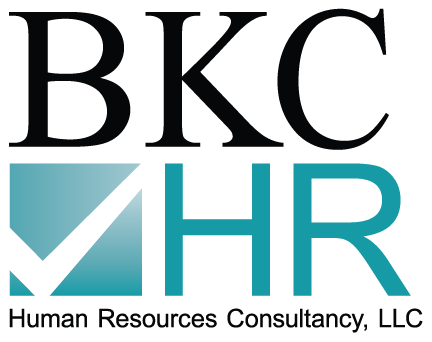 Occupational fraud occurs when someone uses his or her job for personal enrichment through the deliberate misuse or misapplication of an employer’s resources or assets. Such activity can skew financial results and lead to erroneous value conclusions – unless a valuator adjusts the financial statements for fraud.
Occupational fraud occurs when someone uses his or her job for personal enrichment through the deliberate misuse or misapplication of an employer’s resources or assets. Such activity can skew financial results and lead to erroneous value conclusions – unless a valuator adjusts the financial statements for fraud.
Fraud affects companies of all sizes, in all industries and geographic locations, and can involve everything from stealing inventory to misstating financial results for personal gain. For example, an unscrupulous CFO might prematurely post unearned or fictitious sales at year-end to boost his annual bonus. As a result, value will be overstated because earnings or assets are exaggerated.
Conversely, value may be understated if the owner hides assets, runs personal expenses through the business, or takes an excessive salary that drains cash flow. These types of questionable practices are especially common when a controlling shareholder has a financial incentive to dissipate value – say, in a divorce or shareholder dispute.
Appraisers don’t audit for fraud in the course of a typical business valuation assignment. Instead, they generally assume financial statements are free from error and material misstatement. Indeed, most valuation professionals aren’t trained in forensic accounting. But some may inadvertently unearth gross anomalies when analyzing financial performance or touring company facilities. In any event, valuators should further delve into any transactions, balances or ratios that appear excessive or abnormal.
If you suspect fraud, discuss your concerns up front with your valuator. Many appraisal firms have in-house forensic accounting capabilities. Make sure you choose a valuator that can handle this situation.
And remember, the fraudster may be hurting you in more way than one. First, by taking cash flow from the business – this causes you to not get your share of the dividends that could have been distributed, had the fraud not occurred. Second, by reducing cash flow used to value the business – the business will be undervalued.
Early identification of fraud risks can help you obtain access to the requisite financial data during discovery and facilitate a more efficient use of outside experts.
Please contact us at (908) 782-7900 or email info@bkc-cpa.com if you have any further questions or to discuss BKC’s valuation services.




